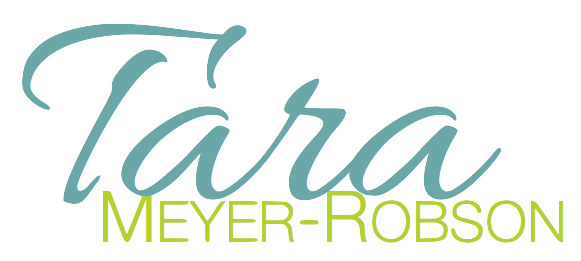A BLIND Pole Vaulter? Incredible Inspiration for Living Fearlessly
I'm always amazed by the indomitable nature of the human spirit, but today's story is perhaps more shocking than most.
Perusing the web looking for inspirational stories, I ended up coming across a headline: Blind Pole Vaulter Flies Fearlessly. Curious as to how anyone could possibly DO such a thing, I clicked to read about how Charlotte Brown, 16 years old and legally blind, is competing at a high level in the sport. More importantly, what I also discovered is a treasure trove for how to live fearlessly AND parent kids who believe in their potential, not their obstacles.
Here are 3 takeaways from this remarkable girl's story:
1. Don't focus on "disabilities," focus on the whole person.
I love that Charlotte's parents, Ian and Stori Brown, never told her brothers to be careful with her, or she was weak, or that her eyesight was failing. Because of this, they treated her like any big brothers would - playing with her like normal kids do, even sending her down the stairs in a laundry basket.
So, when someone told one of her brothers that his sister had a "disability," he had no idea what they were talking about. I love her mom's explanation of why:
"We never used that description. It was just kind of a nonfactor, and it was not what defined her. She was a bright, sweet little girl, and this was one little detail but not the first adjective that described her."
Whether or not you or someone you know has a "recognized" disability, we all have something that feels like an obstacle to overcome. Rather than defining yourself as weak in one area or another - and thus reinforcing that weakness - isn't it better to focus on who you are as a WHOLE person? What if Charlotte had defined herself as "disabled" and held to that label? She would certainly not be where she is today.
By changing your focus from your "disability" to your unique possibilities, you honor the best parts of you, allowing you to go on to achieve your own special greatness.
2. Complaining and feeling sorry for yourself takes away from your ability to succeed.
It's just a fact: Being around people who complain and whine is exhausting. Actually, being a whiner and complainer yourself depletes your own energy and focuses your mind on problems, not solutions. Flat out, it hinders your ability to succeed and find joy.
A "No Complaining" life seems like a great way to live with purpose and potential. Ian Brown says it best: "We have a whine- and complain-free household. We don't view it as there being any other option. Complaining and whining are a complete waste of time. We all go through obstacles at work, school, home."
What if you enacted this rule in your own life? In your own home? In your own workplace? What could you achieve? More importantly, how much happier and more grateful would you be?
My suggestion is to do this immediately. Try a "No Complaining" day, and see how it goes. Then add another. And another. Then come back here and tell me how much more awesome you feel - and how much more awesome your life is.
3. Focus on the your unique ability to find solutions to even "insurmountable" obstacles.
In middle school and already with seriously limited eyesight, Charlotte came to her parents and told them that she wanted to try the pole vault. Sure, they were concerned (what sensible parent wouldn't be?), but they quickly allowed it, only asking, "Have you thought about how?"
Charlotte's answer? "Oh, yeah - I'm already counting steps."
I love that she immediately focused on the solution, not the problem. In doing so, she is now doing something that most fully-sighted people cannot.
This attitude allows her to keep finding solutions to new problems. For instance, her eyesight has deteriorated even further in the last year, so she cannot see the box where she plants her pole, the bar, or even where she is supposed to land. I'm guessing these obstacles might stop most of us from continuing with this sport.
Not Charlotte. Her reaction: "As soon as I noticed my vision decreasing at the end of my sophomore year, I thought, 'What's next? What's going to make it a little easier?' It's like when I started thinking about getting a guide dog and using Braille, I wasn't looking at it because I was losing my vision. It was just a matter of, 'This doesn't work, so let's figure out what else we can do.'"
How many times do we allow (often much more minor) obstacles to stop us in the pursuit of our dreams? I know I've certainly done it.
Today, take a look at all those things that are "holding you back." Instead of seeing the obstacles, how can you figure out what else you can do to succeed? Allow your mind to connect with ideas and solutions, and be unafraid to try them.
In fact, here's a challenge for today: Dust off a dream and focus on ONE thing you can do to move in the direction of achieving it. Don't focus on what hasn't worked; focus only on the next step you can take to head in that direction. Then, DO IT. Immediately.
I'm guessing you will shock yourself at your ability to succeed when you take focused action based on new solutions.
When you've done this, please come back and tell me about it!
And, if you know of someone who would benefit from hearing Charlotte's story, please share!
To read ESPN's excellent article about Charlotte Brown, click here.

